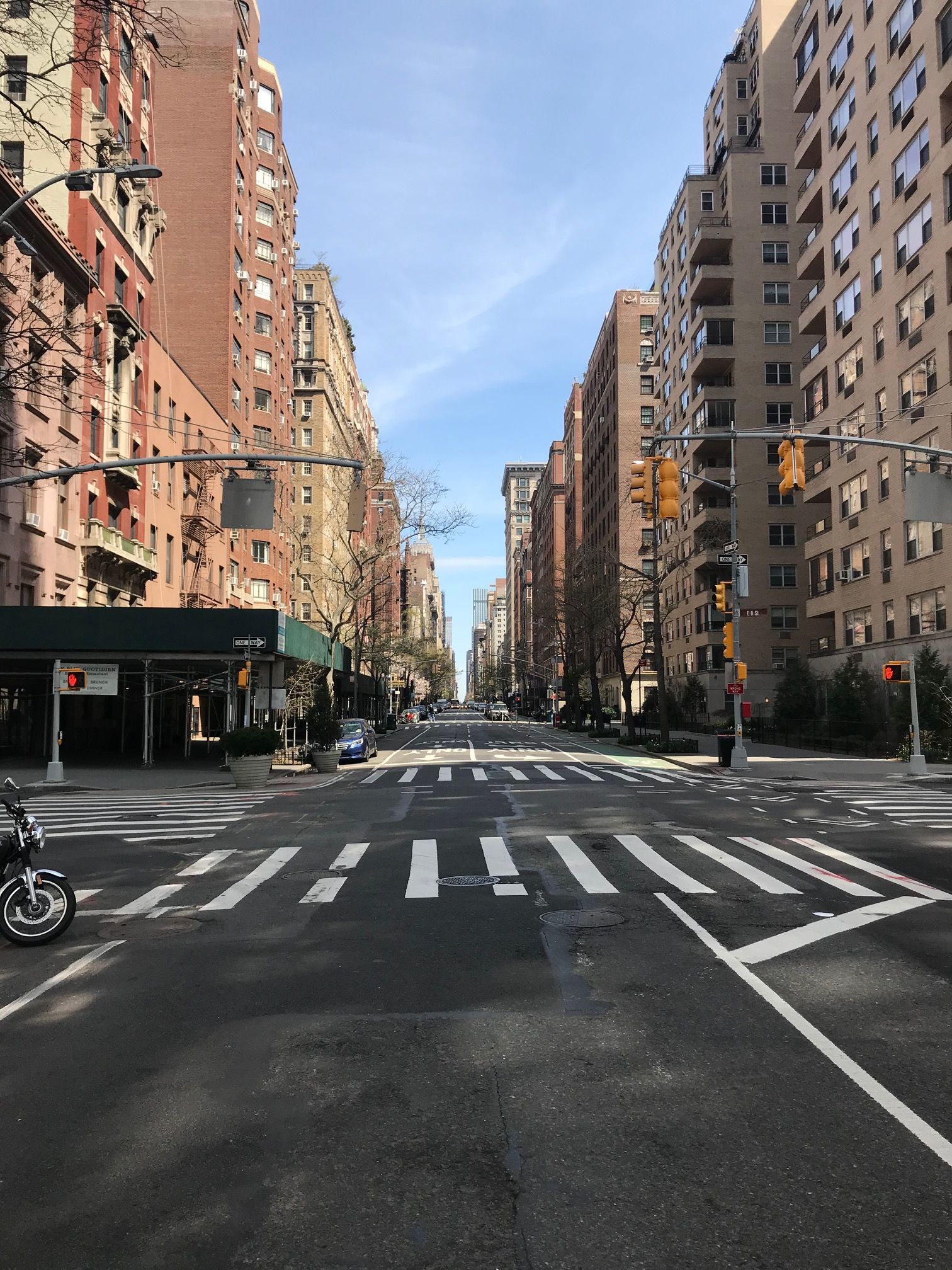Sinan Antoon

Photo: Sinan Antoon
Dear H1N1,
I realize that I am not supposed to write to you. According to the latest directive published and distributed by the Divine Directorate of Pandemic Affairs: “Any form of communication with viruses in retirement is strictly prohibited.” If this message were to be intercepted by a third party, I could face severe consequences. Would they recall me? Cancel me? Can they afford to? Nevertheless, I couldn’t resist the temptation.
I must first apologize if my salutation is too informal. I wasn’t sure of the most proper or “correct” way to address you. “Dear Fellow Virus” would have been too formal and bureaucratic. “Dear Spanish Flu” sounds a bit awkward and it is inaccurate. Our names are confused and conflated with our work. Moreover, you didn’t begin your journey in Spain. “La Grippe Espagnole, or “La Pesadilla” does sound exotic, in English at least. I am spending so much time on appellations, but they continue to be a nuisance. I am called by some “The Chinese Flu” because that is where my initial contact was. Sometimes it is ignorance, at others nationalism and xenophobia. The grandson of one of the humans you killed, who rules an empire in decline, calls me “The China Virus” with exaggerated stress on “China.” It irritates me. I am hovering around his entourage, but haven’t found my way to him yet. You claimed Woodrow Wilson, who was once the emperor. I have such big shoes to fill! I’m in awe of your legacy. You took more than 500 million of them. I’m still far behind.
I write to you and address you in an intimate fashion, because I am often compared and contrasted with you. They often bring you up when they speak of me. You are a century my senior, but we do have so much in common. I realize I’m sounding all too human myself, but I’ve been through so many of them I picked up many of their languages and modes of expression. You know how it is. I am writing from a human host at the moment.
I wonder if these humans have changed that much since your time? Perhaps only superficially. My presence among them seems to accentuate their best qualities. Many risk their lives to save others. But it brings out the worst as well.
Despite their unprecedented access to knowledge and technology and their supposed enlightenments, greed and narcissism overdetermine the thoughts and actions of so many. They speak of equality, but there are absurd hierarchies, structures, and mechanisms that ensure the distribution of human worth and material wealth to the few, leaving many to suffer and wither.
I have come to learn and think that some of their actions are far more harmful and lethal than what any of us could ever do. They are still the most destructive species on this planet.
I have written mostly about humans so far. But what of us? I must confess to you that I no longer know what my purpose is in this whole affair? Were you, too, haunted by existential questions such as these during your tenure? Why are we brought into being, time and again? What is the purpose of our interaction with humans? I have combed through the literature, SOP manuals, and various reports, but cannot find satisfying answers.
I daydream about being a different kind of virus. Maybe a computer virus. Perhaps such thoughts are unbecoming of a serious virus. There were no computers when you were active. No internet or social media. Did you have moments of doubt and weakness? What did you dream of being or becoming?
I apologize again for any inconvenience this message might cause. A response, no matter how brief, would mean a great deal to me.
Yours,
Covid
PS: There is news that they are inching closer to a vaccine. I still have a lot of work to do, but my tenure could be shorter than I had initially anticipated.
The text was translated from the Virese. The author wishes to thank two members of The International Committee on Taxonomy of Viruses who aided in the translation process. They wish to remain anonymous.
This letter was intercepted and confiscated by the Department of Global Security before reaching its intended recipient.
About the artist
Sinan Antoon is a poet, novelist, scholar and translator. He holds degrees from Baghdad, Georgetown and Harvard, where he earned a doctorate in Arabic literature. Antoon has published two collections of poetry and four novels, including The Book of Collateral Damage (2019), The Baghdad Eucharist (2017) and The Corpse Washer (2013). His essays have appeared in the New York Times, The Guardian and The Nation. He is an associate professor at New York University. His works have been translated into thirteen languages.